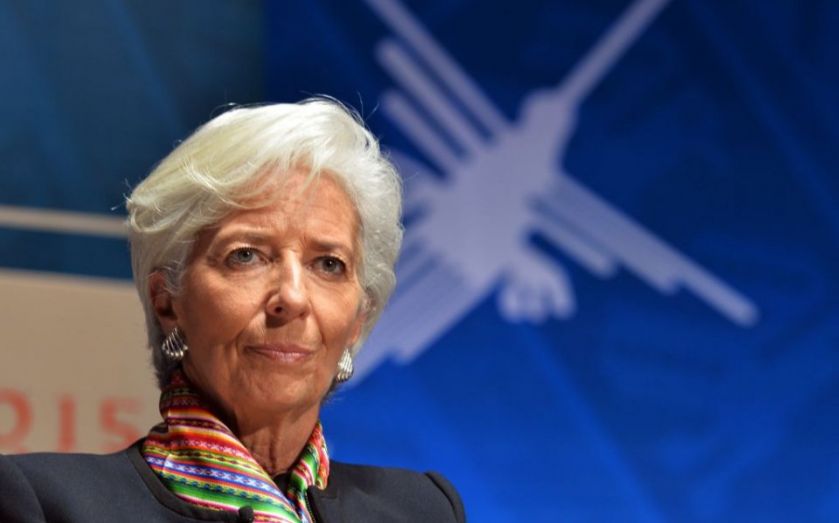Banks have a duty to regain public trust – and it may take a generation

Trust in the financial services sector remains stubbornly low. According to the Edelman Trust Barometer, only half of the countries surveyed put their faith in financial services. And the picture is even worse for banks. From 2014 to 2015, trust in banks declined in two thirds of the countries covered, with the highest levels of distrust seen in the EU where only 34 per cent of the informed public say they trust banks.
While the situation has improved markedly since those first painful years post-crisis, banks are still a long way from being seen as a vitally important part of the economy and society. This continuing lack of trust can obscure the good work that is being done by the industry to reform itself.
Banks have undertaken significant internal reforms and balance sheet restructuring. Management systems and corporate governance have been bolstered. Significant changes have been introduced in remuneration policies and practices in order to eliminate some of the purely revenue-based incentives that encouraged excessive risk-taking and misconduct. Risk management is no longer regarded as a secondary function: in most firms it is now at the centre of the decision-making process. Similarly, compliance is involved at an early stage in the product development and client take-on processes.
Of course, these systems are not yet fail-safe, but they are much stronger than before and continue to improve. Yet little of this improvement has registered among the public. And it is not helped by media coverage of past scandals in the sector, brought back to the forefront of the public mind each time regulators hand down new fines.
Therefore, we need to keep up the momentum on improving standards. The UK Fair and Effective Markets Review last year is an excellent example. The review aimed to assess the way wholesale markets operate, to help restore trust in those markets and to influence the international debate on trading practices and standards. One of the Review’s recommendations resulted in the establishment of a FICC Market Standard Board (FMSB) which already has strong participation from the global banking community.
The FMSB is an industry-wide initiative comprising regulators, infrastructure, and buy- and sell-side market participants. It aims to produce guidelines, good practice and guidance in areas ranging from staff training to supervisory convergence. And regulators outside the UK are keeping a close eye on its output, given that it intends to achieve global adherence.
There are other initiatives too. The BIS FX Global Code of Conduct project, for example, has set itself the ambitious deadline of May 2017 to produce comprehensive global standards for FX trading. And there is also the UK Senior Managers Regime, which imposes personal liability on senior managers of banks for regulatory breaches in their area of responsibility. This is already changing the way that UK banks think about structure, risk and conduct.
But as well as improving standards, we need to do more to address the culture of banking itself – the way banks are run, the way bankers behave, and what needs to be done to effect deep and lasting change in both. This goes beyond legislation.
IMF managing director Christine Lagarde said earlier this year: “Regulation alone cannot solve the problem. Whether something is right or wrong cannot be simply reduced to whether or not it is permissible under the law. What is needed is a culture that induces bankers to do the right thing, even if nobody is watching.”
Although cultural change is already beginning to take place, we have to recognise that it is a long-term project, as can be seen from the Trust Barometer figures. It is not enough that the industry changes – wider society must recognise that it has done so.
This requires greater transparency and better communication. Banks need to show that they have a positive contribution to make. A good example in this respect is the work AFME has done to help raise awareness of alternative financing options for European SMEs, which face particular challenges in accessing finance. Positive initiatives from the industry to help stimulate economic growth will go a long way towards helping to rebuild public trust.
Culture and ethics are now at the heart of banks’ corporate governance, but change will take time, and has to percolate down through the whole bank. Indeed it may take a generation. To ensure that the tone from the top permeates through the bank, management must visibly lead.
If the highest revenue-generating banker commits a regulatory breach, for instance, he or she must be dealt with in exactly the same way as a junior member of back office staff.
Of course, cultural change can be inspired or instigated from outside an organisation. But only the organisation itself can undertake the necessary change from within. Banks are key cogs in the global economy and in order to best serve their clients, they have a duty to restore their credibility.